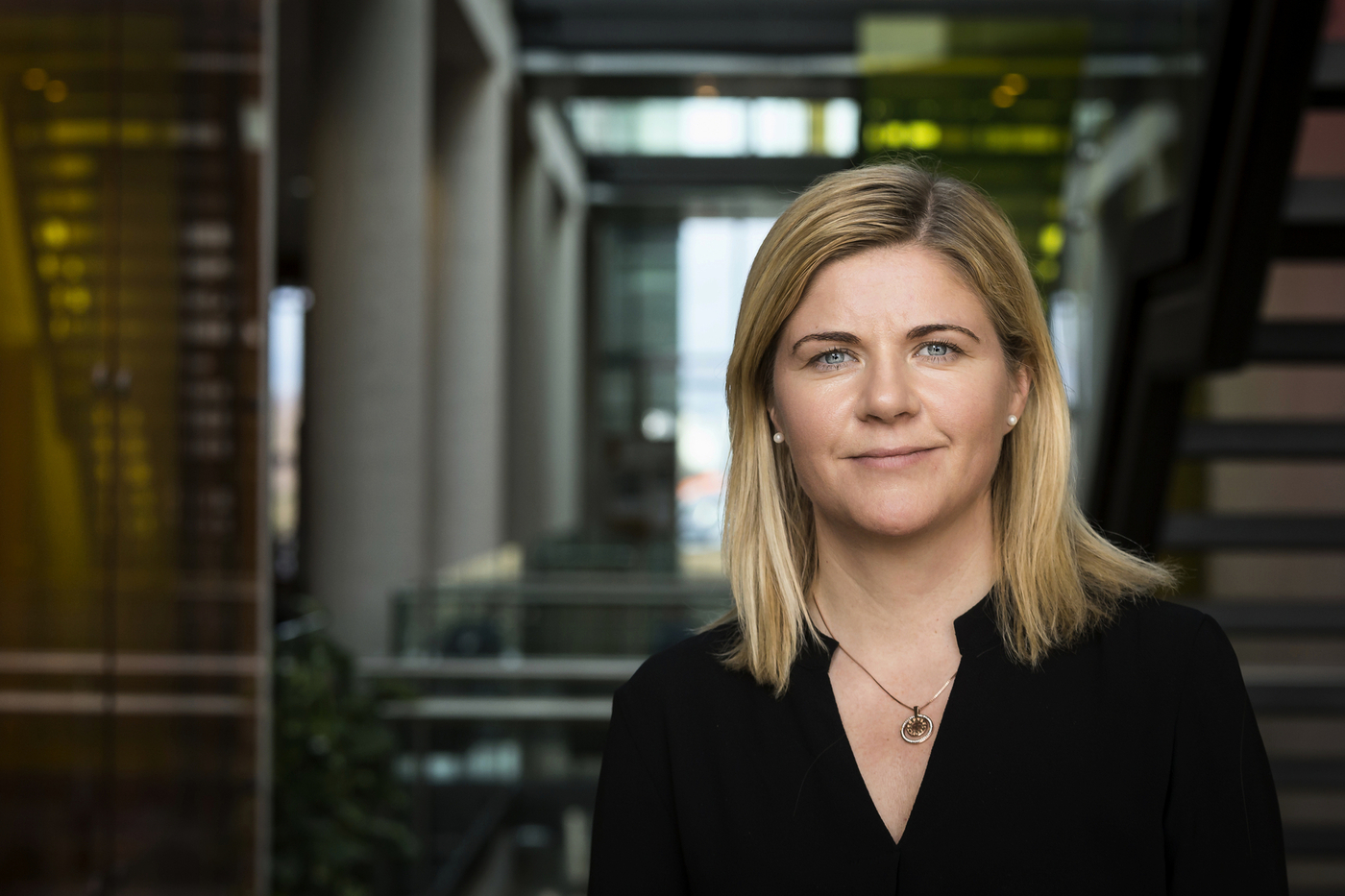Everyone knows that preschools are an important part of our society. What is of most value in preschool practice is focusing on children’s interests and well-being. Among a few important values that need to shape the practice are care, compassion, equality, and democracy.
The working conditions of preschool teachers have been a widely discussed topic in the past year, and there have been reflections on how to improve this situation, and thus the preschool children's welfare. In the collective wage agreement of the Preschool Teachers' Association from 2020, the time allocated for preschool teachers to prepare for their work in preschools was significantly increased. Sara M. Ólafsdóttir, associate professor at the Faculty of Education, conducted a study recently with her colleagues on preparation time in preschools. We interviewed her and asked about the main findings.
"When changes are made that affect the interests of children, it is important to follow them up with research and examine the impacts they have. Previously, a preschool teacher in the position of a department head working full-time had five hours a week to prepare, but now they have ten hours. "It goes without saying that the increased time for preparation leads to more absence of preschool teachers from departments, so it is important to examine what the effects are," says Sara.
Interviews were conducted with 24 staff members in 8 preschools across the country, including preschool directors, department heads, preschool teachers, as well as staff with other university education. Sara says the main findings of the study revealed overall satisfaction among participants with the increased preparation time. "That time can be used to both enhance the quality of preschool practice and the professionalism of teachers," adds Sara.
She emphasizes that it is extremely important that the interests and perspectives of the children are always at the forefront when organizing preparation time. The total time allocated for preparation varies depending on how many preschool teachers work at the preschool in question. Thus, the conclusion was drawn that the difference between preschools in preparation time entails inequality regarding the quality of work and the education of children, says Sara. However, many participants expressed concerns about the significant absence of professionals from departments. There was considerable tension around the time preschool teachers used for preparation and the time they spent with children inside the departments. Some believed that their absence from the group of children might reduce the professional practice," says Sara. She says that it is important for the sake of children that there is good cooperation between preschool teachers and other staff so that quality preschool work can be maintained while preparation is taking place.
"The participants viewed preparation time as child-free time. However, we concluded that an attitude change is needed, where part of the preparation time could be utilized with children in the departments, for example, having discussions with the children and organizing and evaluating activities together with them. In this way learning community can be created where children and preschool teachers are active participants. The children can thus be supported in being agents in their immediate environment," says Sara.
Sara's research interest has long been directed towards children and highlighting their perspectives on their own lives, play, and learning. The main subjects in her research with children are play, transition between school levels, well-being, and the importance of belonging. “Children´s interests and their perspectives have been my passion and will continue to be," she says.
Centre for Research in Early Childhood Education (RannUng), operated under the auspices of the University of Iceland's School of Education, directed by Sara, executed the task. In addition to her, those who participated were Kristín Karlsdóttir, associate professor, Anna Magnea Hreinsdóttir, lecturer, and Margrét S. Björnsdóttir adjunct lecturer, as well as project manager at the Centre for Research on ICT and Media in Education. The research was funded by the Community Fund, which focuses on support for social activity. This funding has allowed researchers to present the research findings at conferences and through publications.




